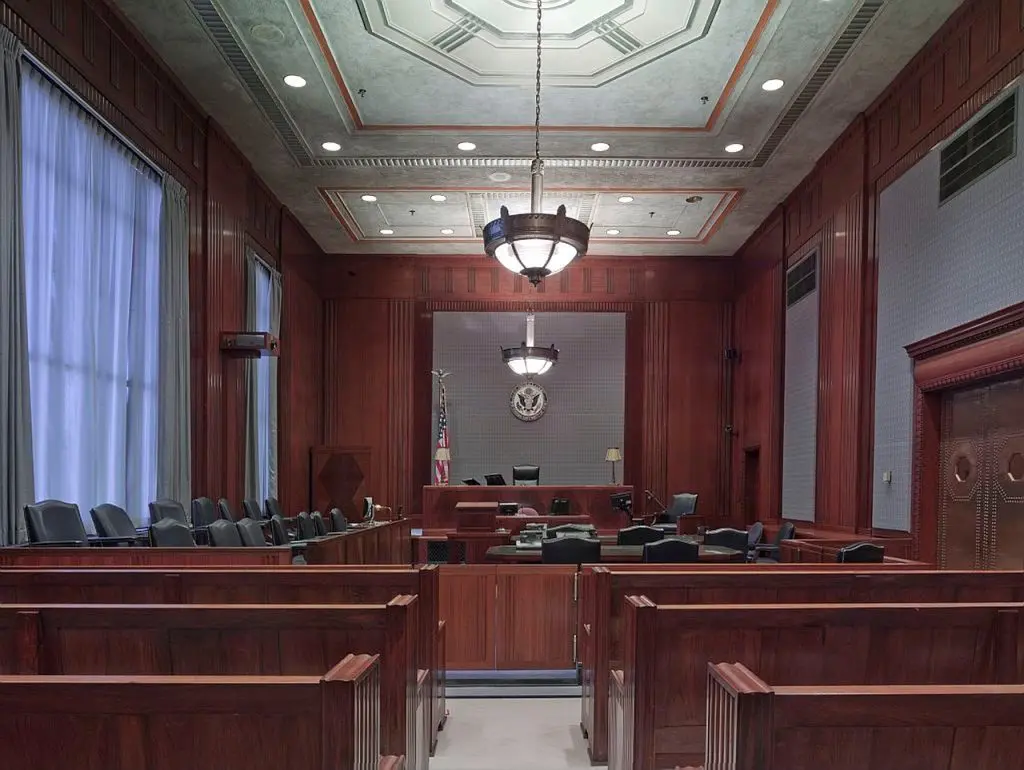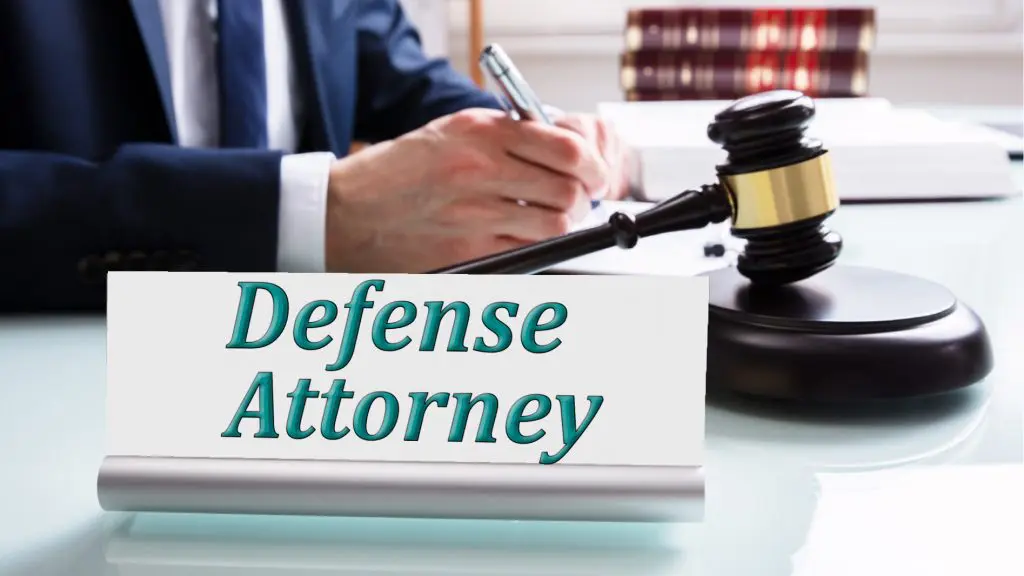Arraignment
Arraignment in Criminal Justice: Key Insights and Preparation Strategies
The arraignment marks a critical phase in the criminal justice process. It is the initial step where a defendant appears in court, and the charges against them are formally read. Understanding the arraignment process is essential for anyone involved in criminal proceedings.
During arraignment, the defendant is informed of their legal rights, including the right to an attorney and the right to remain silent. The charges are then stated, and the defendant is asked to enter a plea: guilty, not guilty, or no contest. This stage is crucial as it sets the tone for subsequent legal proceedings.
One of the first decisions a defendant must make at arraignment is whether to request a court-appointed attorney or hire a private lawyer. This decision can significantly impact the case’s outcome and should be made after careful consideration of the legal and financial implications.
Another key aspect of arraignment is the determination of bail. The court will decide whether the defendant can be released on bail and the amount. Factors influencing this decision include the nature of the charges, the defendant’s criminal history, and community ties.
Defendants should prepare for arraignment by familiarizing themselves with the charges and potential penalties. Consulting with an attorney before the arraignment can provide valuable guidance on how to plead and what to expect in court.
Arraignment also offers an opportunity for negotiation. In some cases, plea bargains may be discussed, where the defendant agrees to plead guilty in exchange for a lesser charge or a lighter sentence. These negotiations should be conducted with legal counsel to ensure the defendant’s best interests are represented.
Understanding the local court system and its procedures can also be beneficial. Each jurisdiction may have specific rules and customs that impact how arraignment is conducted. Being informed about these nuances can help defendants navigate the process more effectively.
In conclusion, the arraignment is a pivotal moment in the criminal justice process. It requires careful preparation and a thorough understanding of legal rights and options. With the right approach and legal support, defendants can navigate this stage with confidence and clarity.
A GUIDE TO COURTROOM ETIQUETTE by the late Mark Sullivan, Board Certified Criminal Defense Attorney, Palm...
Up To The Preliminary Hearing By Kirk Tarman, Criminal Defense Attorney in San Bernardino County, California....
by the late Wally Farrell, Certified Criminal Law Spcialist, San Bernardino and Riverside County, California. Originally...



